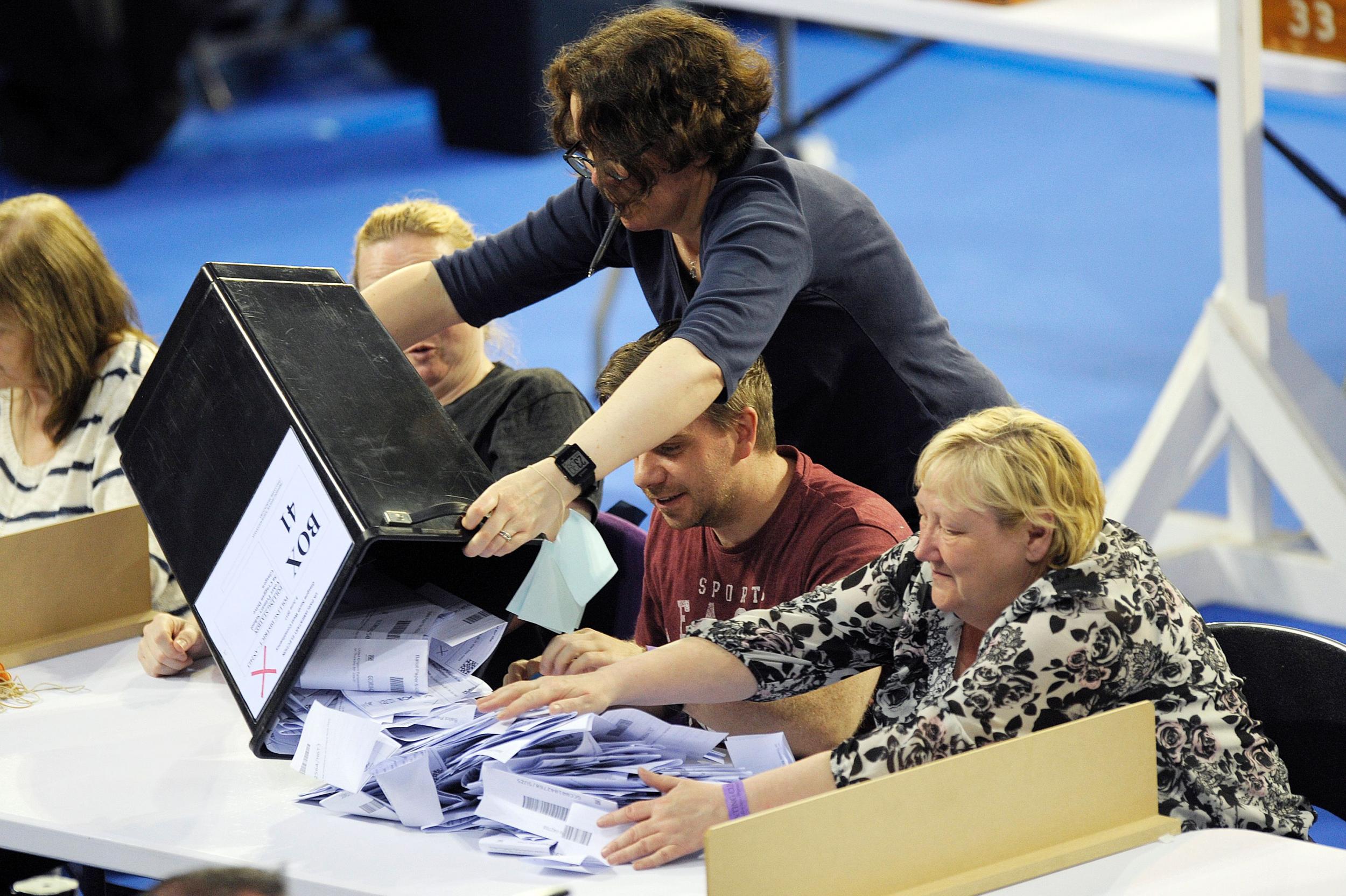It was a mistake to launch tactical voting sites so early in the election campaign
The Tactical Voting Blog: There’s a fundamental flaw in some of the services

If there’s one thing this election is not short on, it’s tactical voting websites: the biggest are Remain United, GetVoting, TacticalVote.co.uk, and Tactical.vote – all offer advice for Remainers or supporters of a second referendum on how to vote.
These websites use different models and data to build a prediction for each seat. If you’re reading this you’ve probably seen in that news that this advice is often contentious or disputed.
Of these websites, at least two have arguably launched far too early in the campaign to be useful, and may actually be confusing people who use them.
Remain United and GetVoting both use advanced polling data to get a snapshot of the election race in each seat. They use a technique called “multilevel regression and poststratification” (MRP) which aims to get accurate constituency-level results.
There are the usual questions about whether this polling is accurate, but let’s just assume that it is (a big assumption). There’s still a problem: polls change.
In fact, they’ve already changed in the one week since the start of the official campaign: polling averages are showing a significant uplift for Labour, and a falling away for the Liberal Democrats since their earlier highs. The share of the vote going to the two main parties hit 70 per cent in the latest YouGov poll, the highest it has been since March and a far cry from the low of 36 per cent recorded in June. In 2017 the polls continued to change throughout the campaign by an astronomical degree.
GetVoting’s poll was taken over a broad period between 28 August and 15 October 2019: you can probably see the problem here. If advice is being offered to voters on polling data that is out of date by the start of the campaign, never mind election day, it is not reliable advice. We know for a fact that if the same approach had been taken in 2017 it would have been significantly wrong.
The other two main websites have taken a different approach: Tactical.vote, a smaller website, simply uses data from the 2017 election, which by nature isn’t going to change. This avoids the problems faced by the websites that use polling data, though some will reasonably argue that more recent data should have been taken into account.
Meanwhile TacticalVote.co.uk (a different website with a similar name) says it uses a mixture of historical election data, including EU election data and local election data. This data is also not going to change: it has the advantage that the data is more recent, and the disadvantage that it is not necessarily applicable, given differences between the different elections. EU elections, for instance, have roughly half the turnout of general ones and are conducted on a different voting system. There are trade-offs.
Top 10 marginal seats to watch at the general election
Show all 10The sites based on polling are trying to solve the problem of 2017 election data potentially being out of date: that’s a good idea in theory, but by conducting the polling before the campaign has even really begun they are arguably offering advice based on assumptions that will just not be true come election day.
It’s tempting to think: so what? These websites can update their metrics as the campaign progresses, and no harm will have been done. But even if they do that, many voters are unlikely to recheck the sites to get another recommendation – why would they? There is, for instance, no alert system that I can find for when the recommendation changes.
This seems like a huge oversight and it’s difficult to understand why websites didn’t take into account the possibility that polling would change during the campaign, given that’s exactly what happened at the last election. As a result, you should take these recommendations with a pinch of salt, and if you do feel you need to use these websites, compare the results the different ones give.
Subscribe to Independent Premium to bookmark this article
Want to bookmark your favourite articles and stories to read or reference later? Start your Independent Premium subscription today.

Join our commenting forum
Join thought-provoking conversations, follow other Independent readers and see their replies